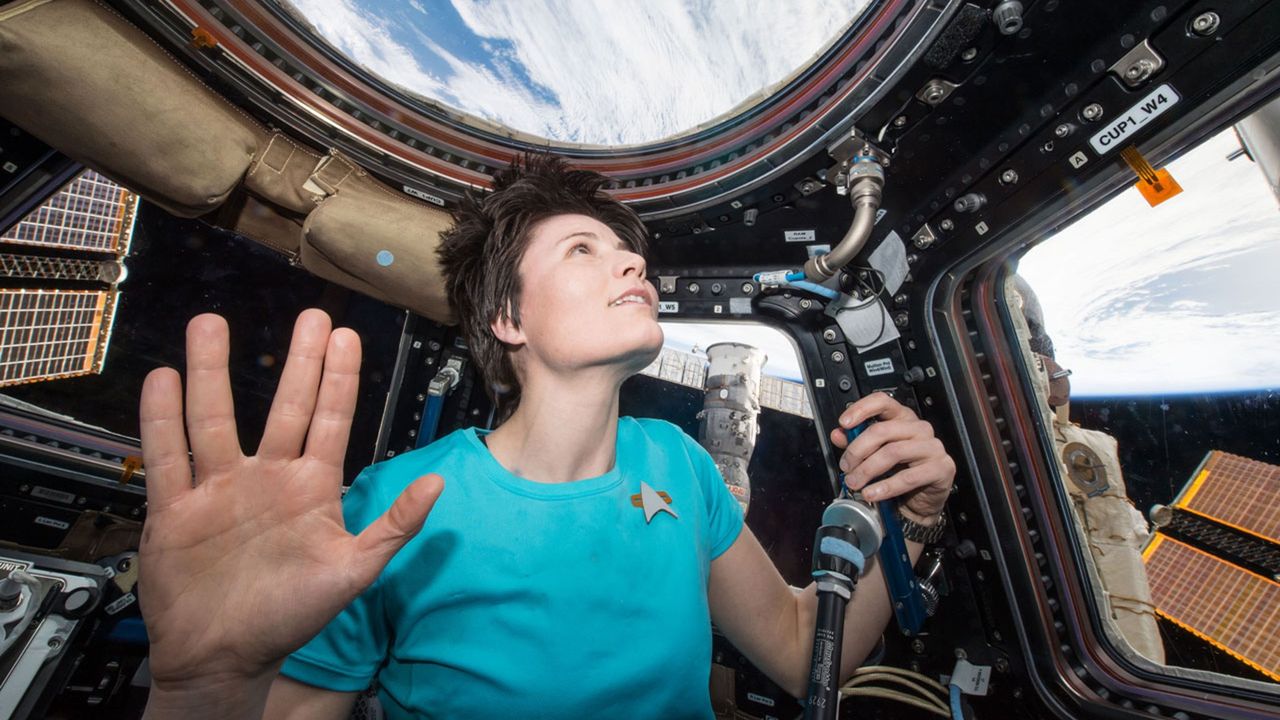
Scientists are calling attention to an extremely common health problem that's been making astronauts uncomfortable: sinus issues.
Researchers from Houston Methodist hospital’s Department of Otolaryngology – Head and Neck Surgery reported the results of their recent study that probed whether astronauts experience sinonasal issues, which include common symptoms such as nasal congestion and pressure or pain in the face, while in space. Sixty out of 71 (85%) of astronauts included in the study confirmed having such symptoms.
Sinuses refer to the maze of cavities running around our face and skull, which keep us healthy by cleaning the air we breathe and helping balance the fluids in our head. People typically experience unpleasant symptoms in their sinuses or nose when the sinuses become full with too much mucus and are unable to drain properly, or if there’s inflammation.
While it's common to experience some unsavory symptoms when your sinuses are working overtime to ward off intruders in the air, or when your immune system activates to fight off a virus or infection, the study researchers link astronauts' congestion problems to the way microgravity causes fluid in the sinus cavities to shift.
While usually benign here on Earth, study lead author Masayoshi Takashima warns in a press release that it is those very seemingly mild symptoms that can potentially affect things like problem solving or overall health.
"This is about maintaining peak performance," Takashima said. "If you’re not sleeping well because you can't breathe, your cognitive function, reaction time and mission performance can suffer, and those things are absolutely critical in space."
Doubling down on space's effect on the delicate, important irrigation system running through your head, researchers also found that astronauts leaving the cabin for spacewalks were particularly affected by pressure shifts that lead to problems potentially more dangerous than congestion, such as eustachian tube dysfunction, which are issues in the little tubes that connect your ears to your throat.
The nose is just the latest point of interest in astronaut health. As humans expand into outer space, medical research on how our bodies fare in microgravity has been the topic of much research, including space flight’s impact on muscle mass and radiation exposure. And, as the latest memo on astronaut congestion underlines, a key component of human medicine isn't just concern over big medical events, like heart problems, but smaller, more manageable symptoms that affect our well-being in the long run.
A study about these results was published on Aug. 5 in the journal Laryngoscope Investigative Otolaryngology.







